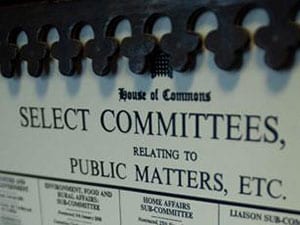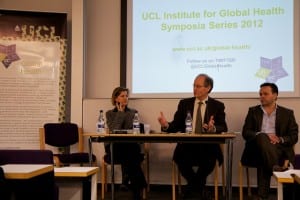Could this be the way to get your research into the public eye?
By ucyow3c, on 15 December 2015
![]() Written by Olivia Stevenson & Greg Tinker with Michael Kenny, Catherine Miller & Graeme Reid
Written by Olivia Stevenson & Greg Tinker with Michael Kenny, Catherine Miller & Graeme Reid
Scientists and researchers from across academia are engaged in research that could make a difference to the world, but until you take it beyond the university doors its impact and reach will remain low.
 UCL and the Mile End Institute at Queen Mary, University of London, teamed up to host a public event with parliamentary insiders and evidence experts, exploring how academia could engage the world of government, particularly through select committees.
UCL and the Mile End Institute at Queen Mary, University of London, teamed up to host a public event with parliamentary insiders and evidence experts, exploring how academia could engage the world of government, particularly through select committees.
The question on everyone’s mind was ‘can this type of academic-government engagement generate real world impacts?’ Here is what our speakers told us:
 Close
Close



